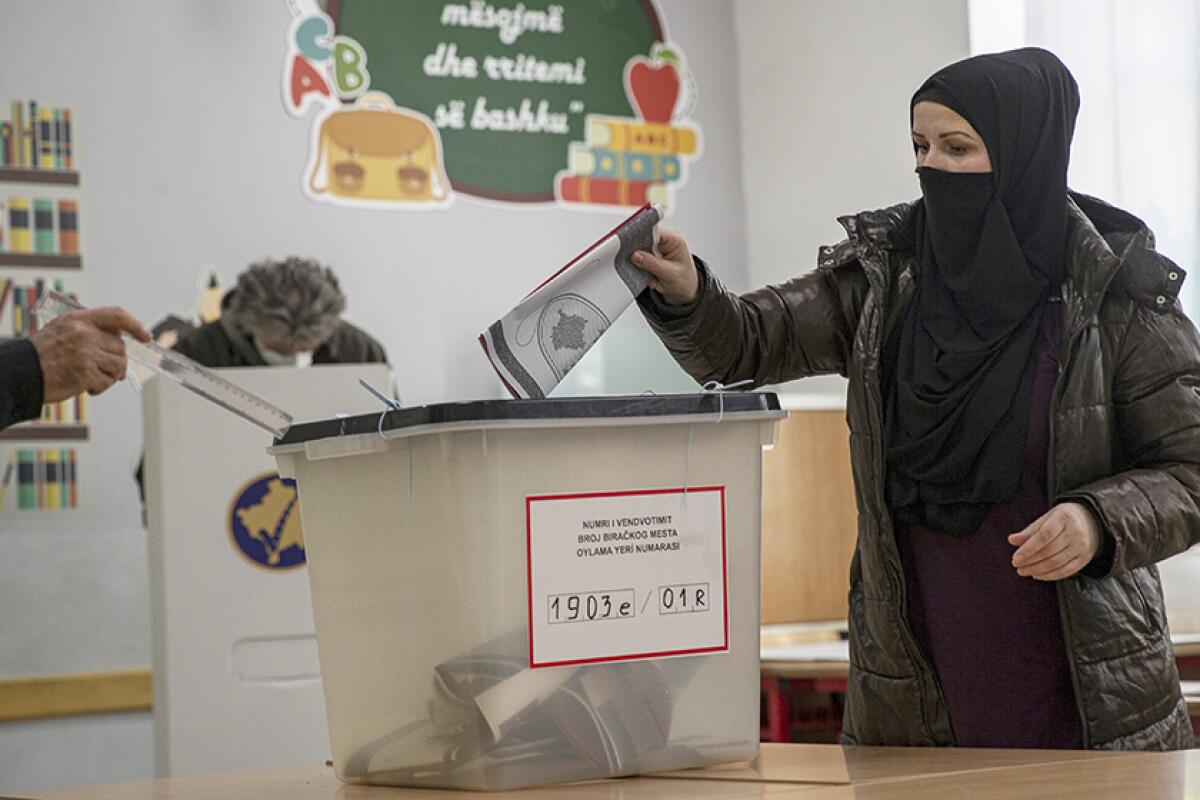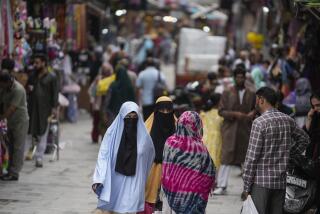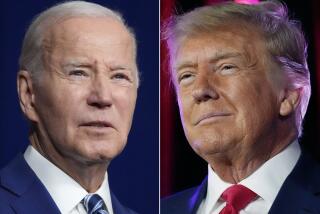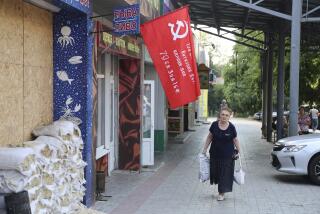Kosovo votes for new parliament amid the pandemic

- Share via
PRISTINA, Kosovo — Kosovo is holding an early parliamentary election to form a new government amid the coronavirus pandemic, an economic downturn and stalled negotiations with wartime foe Serbia.
Some 1.8 million eligible voters on Sunday began casting their ballots at 2,400 polling stations. They’re electing 120 lawmakers among more than 1,000 candidates from 28 political groupings. Some 100,000 Kosovars in diaspora are also eligible to vote by mail.
Those infected by the coronavirus will be able to vote through mobile polling teams.
Reducing unemployment and fighting organized crime and corruption remain the biggest challenges in Kosovo.
Negotiations on normalizing ties with Serbia, which stalled again last year after talks brokered by the U.S. and the European Union, have not figured high on any party’s agenda.
Political parties have failed to respect many of the virus control measures, including mandatory wearing of masks, social distancing, limits on gatherings of no more than 50 people and an overnight curfew.
The election was scheduled after Kosovo’s Constitutional Court rendered invalid a vote by a convicted lawmaker that helped confirm the Cabinet of Acting Prime Minister Avdullah Hoti of the center-right Democratic League of Kosovo.
That Cabinet was named in June after Albin Kurti of the left-wing Self-Determination Movement party was removed as prime minister.
The Serb minority has 10 seats, and 10 others belong to other minorities.
The EU has sent an Elections Expert Mission to Kosovo to monitor the vote.
Kosovo declared independence from Serbia in 2008, a decade after a brutal 1998-1999 war between separatist ethnic Albanian rebels and Serb forces. The war ended in June 1999 after a 78-day NATO air campaign drove Serb troops out and a peacekeeping force moved in.
Most Western nations recognize the country, but Serbia and allies Russia and China do not, and tensions over Kosovo remain a source of volatility in the Balkans.
More to Read
Sign up for Essential California
The most important California stories and recommendations in your inbox every morning.
You may occasionally receive promotional content from the Los Angeles Times.










